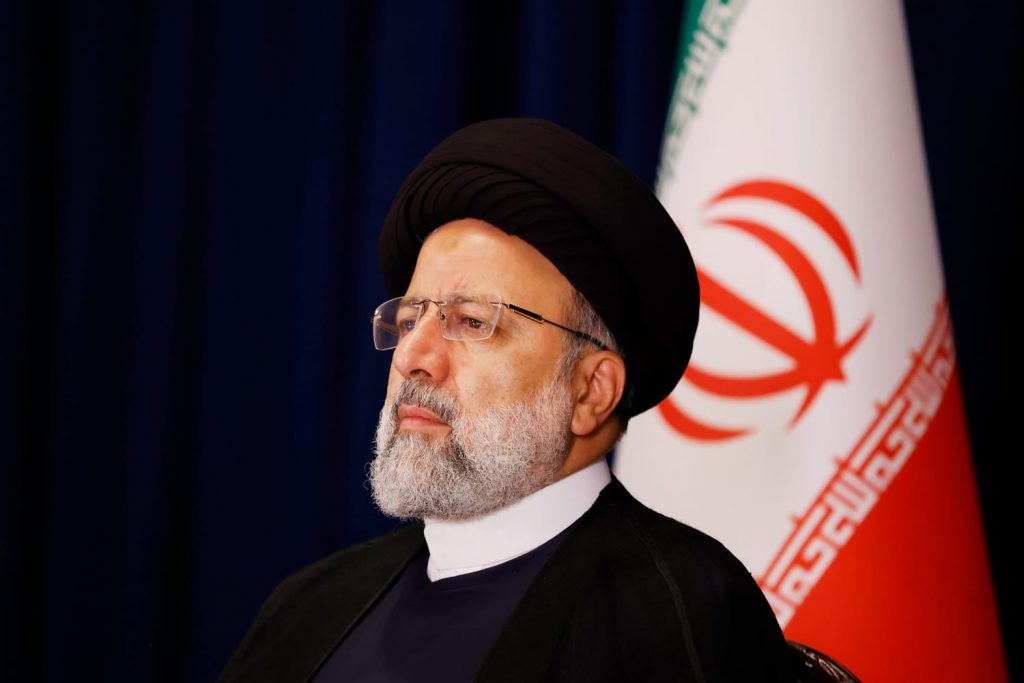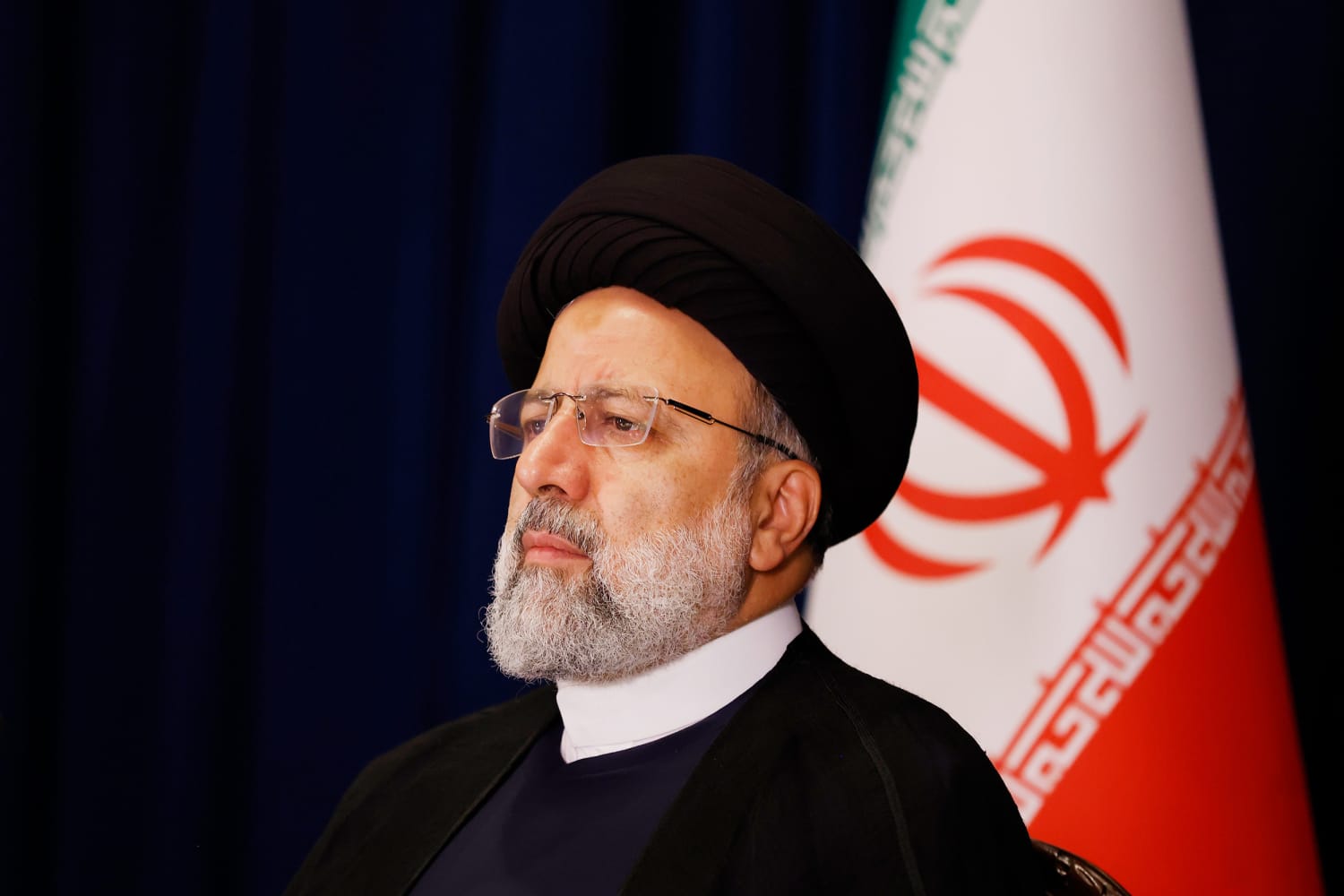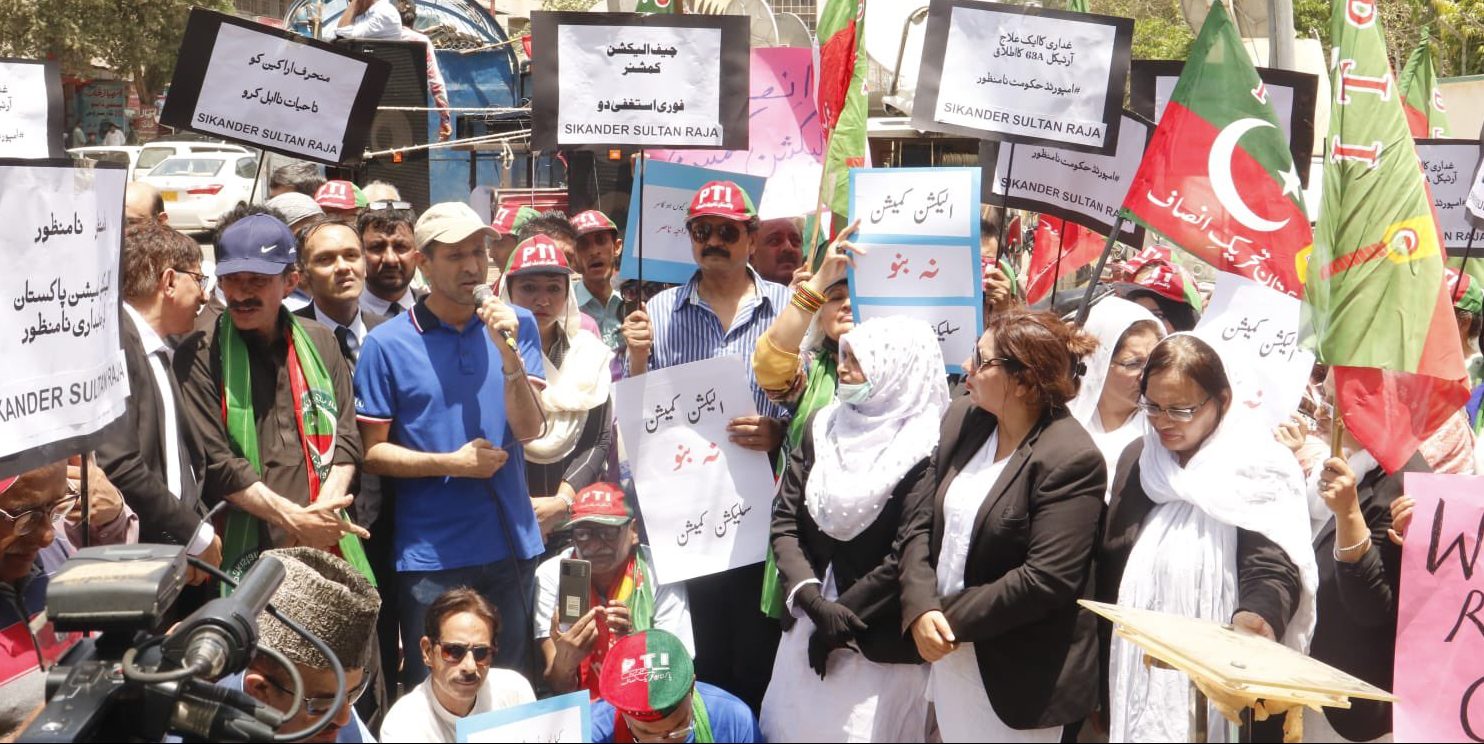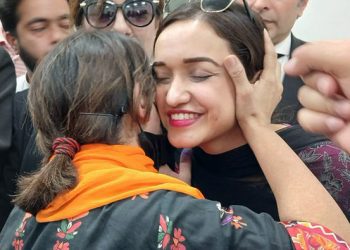In a startling incident, a helicopter carrying Iran’s President Ebrahim Raisi and other high-ranking officials was involved in a crash upon landing in the Varzaqan region’s mountainous terrain under adverse weather conditions on Sunday. The Islamic Republic News Agency (IRNA) reported that the crash has prompted urgent search and rescue operations, although there is no definitive news yet on the condition of President Raisi and the other passengers.
INCIDENT DETAILS
The accident occurred as President Raisi was returning from East Azerbaijan province, where he had inaugurated a dam project alongside Azerbaijan’s President Ilham Aliyev. The convoy consisted of three helicopters, but only two managed to land safely. The crash of Raisi’s helicopter is believed to have been caused by the challenging weather conditions, including heavy fog, which significantly hampered visibility and navigation.
Read: IRANIAN PRESIDENT RAISI DIE IN HELICOPTER CRASH
SEARCH AND RESCUE EFFORTS
The Iranian Red Crescent Society (IRCS) has mobilized 40 rapid response teams to conduct search operations in the rugged and difficult-to-access area where the helicopter went down. The head of the IRCS, Pir Hossein Kolivand, emphasized the severe weather and challenging terrain that have complicated rescue efforts. Despite utilizing drones and other aerial measures, poor visibility has rendered aerial searches nearly impossible.
Kolivand noted, “Weather conditions are extremely unfavourable and the terrain is difficult to navigate, but we are making every effort to carry out the necessary actions.” Additionally, forces from surrounding provinces have been dispatched to bolster the search and rescue mission.
EYEWITNESS REPORTS AND OFFICIAL STATEMENTS
An Iranian official, speaking anonymously to Reuters, expressed grave concern about the safety of those onboard, noting that the helicopter crashed while navigating mountain terrain. “We are still hopeful, but the information coming from the crash site is very concerning,” the official said.
In response, Iran’s military and the elite Revolutionary Guard have been ordered to deploy all available resources to assist in the rescue operations. A local reporter informed state TV that darkness and rain have created mud, further complicating the search.
NATIONAL AND INTERNATIONAL REACTIONS
The news of the crash has reverberated globally, prompting reactions from several world leaders. Pakistan’s President Asif Ali Zardari expressed his deep concern and extended his prayers for Raisi’s safety. Prime Minister Shehbaz Sharif also conveyed his worries and wished for positive news regarding Raisi’s well-being.
In the United States, a State Department spokesperson indicated that they are “closely watching” the reports of the crash. Meanwhile, Azerbaijan’s foreign ministry and President Ilham Aliyev expressed their deep concern and readiness to assist Iran. Aliyev, who had met Raisi earlier in the day, stated, “Our prayers to Allah Almighty are with President Ebrahim Raisi and the accompanying delegation.”
REGIONAL AND GLOBAL CONTEXT
Raisi, who has been president since June 2021, took over leadership during a period of significant internal and external challenges for Iran. His tenure has seen the country grappling with severe economic issues due to US sanctions and internal unrest triggered by various socio-political issues, including the death of Mahsa Amini in police custody in 2022, which sparked widespread protests.
Internationally, Raisi’s administration has faced escalating tensions, particularly highlighted by recent conflicts with Israel and fluctuating relations with neighboring countries. His presidency follows the more moderate administration of Hassan Rouhani and has marked a shift towards hardline policies aligned closely with Supreme Leader Ayatollah Ali Khamenei.
CONSTITUTIONAL PROVISIONS FOR PRESIDENTIAL SUCCESSION
According to Article 131 of the Islamic Republic’s constitution, if the president is incapacitated or dies in office, the first vice president takes over, with the confirmation of the supreme leader, who has the final say in all matters of state. A council consisting of the first vice president, the speaker of parliament, and the head of the judiciary must arrange an election for a new president within a maximum period of 50 days.
EBRAHIM RAISI’S PRESIDENCY AND BACKGROUND
Ebrahim Raisi has been the president of the Islamic Republic since June 2021, succeeding the moderate Hassan Rouhani. His term has been marked by significant challenges, including a deep social crisis and an economy strained by US sanctions over Iran’s contested nuclear program. Raisi’s administration has also faced internal unrest, highlighted by mass protests following the death of Iranian Kurd Mahsa Amini in police custody in September 2022.
Internationally, Raisi’s tenure has seen fluctuating relations with regional rivals and a significant increase in tensions. In March 2023, Iran and Saudi Arabia restored diplomatic relations in a surprise deal. However, regional tensions soared again with the bombardment in Gaza that began on October 7, 2023, leading to a series of escalations, including Tehran launching hundreds of missiles and rockets at Israel in April 2024.
In a speech following the inauguration of a dam project on Sunday, Raisi reiterated Iran’s support for Palestinians, a cornerstone of its foreign policy since the 1979 Islamic revolution. “We believe that Palestine is the first issue of the Muslim world and we are convinced that the people of Iran and Azerbaijan always support the people of Palestine and Gaza and hate the Zionist regime,” said Raisi.
RAISI’S RISE TO POWER
Born in 1960 in the holy city of Mashhad, Raisi rose early to high office. At the age of 20, he was appointed prosecutor-general of Karaj, next to Tehran. He subsequently served as Tehran’s prosecutor-general from 1989 to 1994, deputy chief of the Judicial Authority for a decade from 2004, and national prosecutor-general in 2014.
Raisi’s black turban signifies direct descent from the Prophet Mohammed, and he holds the religious title of “Hujjatul Islam,” one rank below that of ayatollah in the Shiite clerical hierarchy. In Iran’s dual political system, split between the clerical establishment and the government, it is Raisi’s mentor, Ayatollah Ali Khamenei, who has the final say on all major policies. Raisi is widely seen as a strong contender to succeed Khamenei, who has endorsed Raisi’s main policies.
ELECTORAL VICTORY AND CHALLENGES
Raisi’s victory in the 2021 presidential election, which was closely managed, brought all branches of power under hardliner control, following the more pragmatic presidency of Hassan Rouhani, who had negotiated a nuclear deal with Washington. However, Raisi’s administration has faced significant challenges, including widespread protests against clerical rule and economic difficulties exacerbated by Western sanctions.



















